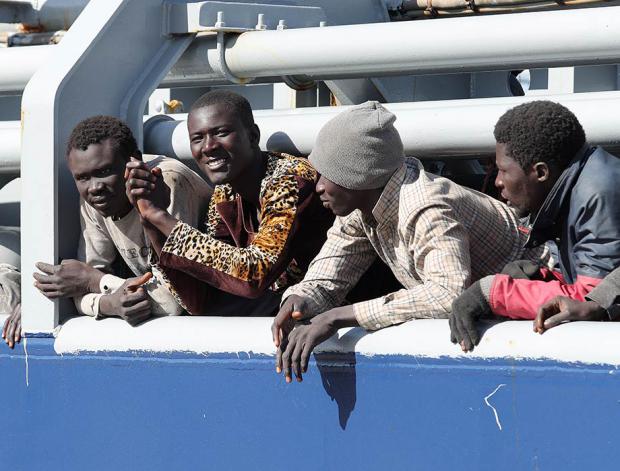“I never thought to come in Europe”: unpacking the myths of Europe’s ‘migration crisis’
Europe’s failure to listen to people on the move has left it blind to why many people end up going there.
“I never thought to come in Europe”: unpacking the myths of Europe’s ‘migration crisis’
Europe’s failure to listen to people on the move has left it blind to why many people end up going there.
The BTS library
- 1 of 14
- ››



































